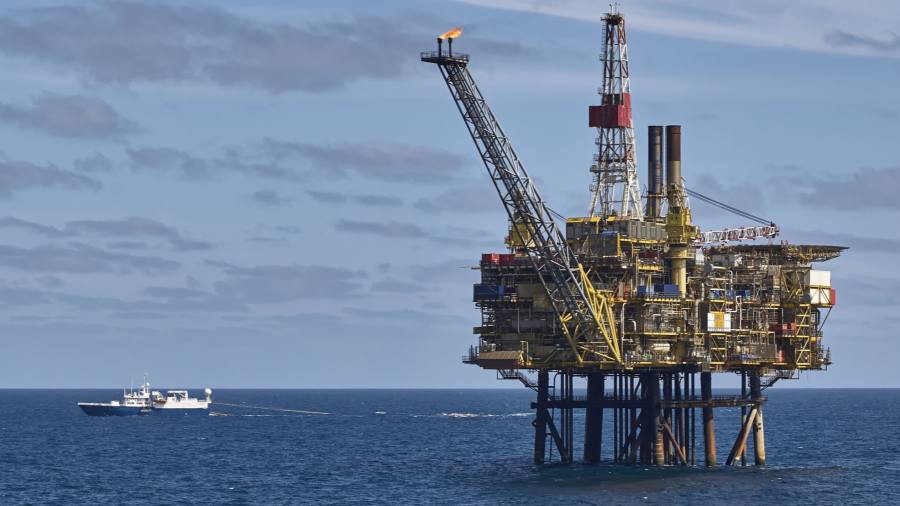
Environmental group Greenpeace has started legal proceedings against the UK government in a bid to the stop the award of more than 100 new licences to explore for oil and gas in the North Sea.
The campaign group said it had applied to the High Court for a judicial review of the decision in October to approve a new oil and gas licensing round, the first for nearly three years.
Two further climate groups, Friends of the Earth and Uplift, have written to the business secretary Grant Shapps warning him that they believe the approval of the licensing process was “unlawful”, and calling for him to reverse the decision, taken by his predecessor Jacob Rees-Mogg.
The UK, like many other countries, is looking to increase its energy independence in the wake of Russia’s full-scale invasion of Ukraine and Moscow’s weaponisation of its vast gas reserves. It argued as part of that strategy it would need to exploit the “full potential of our North Sea assets” at the time it approved the latest licensing round.
The British government has faced strong criticism over its commitment to its 2050 net zero emissions target in the wake of that decision, which intensified last week when it approved the first coal mine in Britain for 30 years.
Greenpeace said on Monday that the issue of new oil and gas licences would “torpedo any hopes of keeping global temperature rises to 1.5C” — the main goal of the 2015 Paris climate accord.
“These licences are a complete disaster,” said Philip Evans, oil and gas campaigner for Greenpeace UK, alleging that the government had “failed in its legal duty to properly assess their climate impact”.
Licensing rounds are designed to enable oil and gas companies to explore for hydrocarbons but this latest process also includes permits for gas discoveries that are yet to be exploited and could be brought into production in as little as 12 to 18 months from the time of award.
The North Sea Transition Authority, the regulator in charge of oil and gas, is intending to fast-track certain gas licences and expects to issue the first permits from the second quarter of next year.
Licensing rounds used to take place on a regular basis, sometimes as often as once a year, but they were paused after the most recent process was completed in 2020. The government at the time launched a review into whether the continued issuance of new oil and gas exploration licences was consistent with the UK’s wider climate objectives.
Ministers subsequently introduced a “climate compatibility checkpoint” against which all future exploration licensing rounds would be tested. But the check, published in September, was branded “meaningless” by environment groups after it was found to be advisory and did not bind ministers to a certain outcome.
The government said in a statement: “While we cannot comment on ongoing legal proceedings, it’s vital we continue to maintain our energy security, by boosting our homegrown energy supply and strengthening our domestic resilience.”